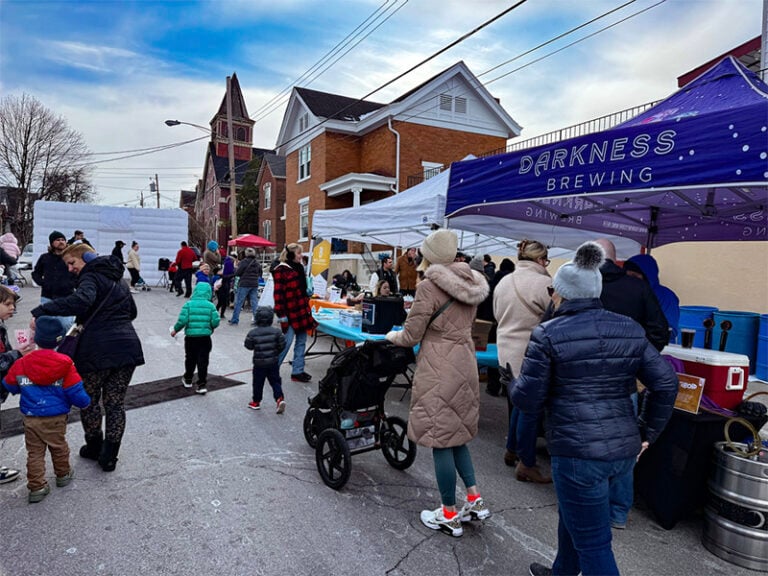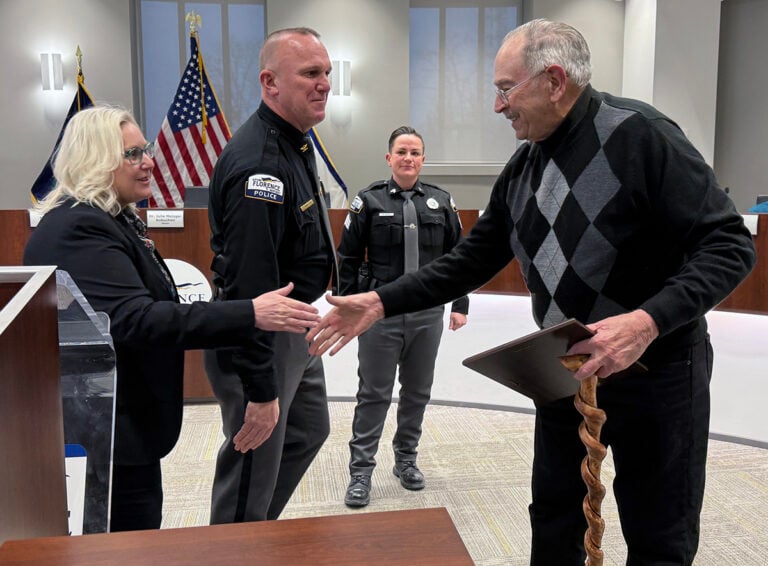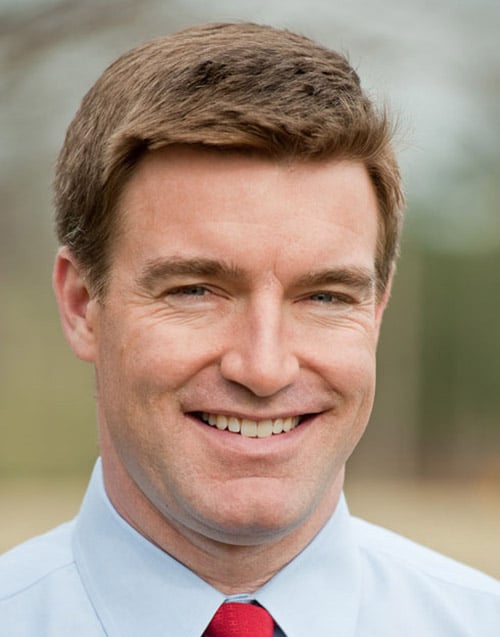Kids love candy. Even before they can read, young kids recognize the packaging of Skittles, LifeSavers and Oreos as an irresistible, sugary treat. But what if this familiar packaging instead concealed a candy laced with THC, the primary psychoactive compound in cannabis? This unregulated, intoxicating phenomenon is putting our nation’s kids in danger, and Kentucky is no exception.
In the Commonwealth alone, calls to the Poison Control Center about cannabis have more than doubled in the past five years, and 40% have been about children younger than age 12.
Companies looking to make a quick buck have been exploiting a loophole in the 2018 Farm Bill to take legal amounts of THC from hemp and turn it into intoxicating substances. These synthetic chemicals are then used as ingredients in appealing, candy-like products. Some products contain even higher THC levels than marijuana itself. Malicious actors knowingly market these seemingly harmless items to kids by using familiar packaging and similar branding names to normal snacks and sweets. (Visit www.flickr.com for examples via FDA)

Tommy Loving, executive director of the Kentucky Narcotic Officers’ Association, told me recently that, “Hemp-derived Delta-8 and Delta-9 THC pose increasing concerns for both drug enforcement and youth safety. These products are widely available in vape shops and convenience stores with minimal regulation making them easily accessible to middle and high school students.”
In a 2023 incident in Laurel County, a 15-year old girl was hospitalized after eating what she thought was a piece of candy on her way to school.
Earlier this year, a Jefferson County elementary-age student shared what appeared to be harmless candy gummies with friends at school. Later in the day, five kids received EMS attention after unknowingly consuming THC.
Allison Adams, the president and CEO of the Foundation for a Healthy Kentucky, shared with me that, “Hemp-derived THC products pose real health concerns for children and teens. They can be extremely toxic for younger children, and we need stronger safeguards to keep these products out of their hands.”
These products are poisoning Kentucky’s kids. We cannot let this go on any longer.
That is why I helped secure new language in the most recent agriculture appropriations bill, to restore the original intent of the 2018 Farm Bill’s federal hemp legislation. This language helps keep dangerous products made by bad actors out of the hands of kids while preserving this industry for Kentucky’s hemp farmers.
After the decline in tobacco production, Kentucky’s farmers looked to hemp as a potential new cash crop. I helped initiate pilot programs in the 2014 Farm Bill that gave us confidence in hemp’s viability. Four years later, hemp’s legalization and continued successes gave Kentucky a promising new crop. The plant is used in food, clothing, paper, plastic, and many other consumer products. However, the loophole in this legislation was abused. And it must be closed.
Protecting the most vulnerable has been central to my work as U.S. Senator for Kentucky. That includes kids.
In 2019, I worked to secure the new minimum national age of 21 for the purchase of tobacco and vaping products to help keep children safe from nicotine addiction. This time around, I will do the same and continue to advocate for the health and safety of kids.
Some hemp industry professionals say that this is not an issue of morals, but rather of economics. Well, I’ve been proud to champion free markets my entire career. But I feel no obligation to excuse the exploitation of children.
This issue is clear: when our kids are being targeted, I will fight to protect them.
You’ll hear from others that protecting kids will mean destroying the hemp industry. That’s a false choice.
Under the language I recently secured, industrial hemp and CBD products remain legal. Period. It even delays implementation by one year to give Kentucky farmers ample time to prepare for changing markets.
Advocates for keeping the loophole also predict widespread economic downturn for Kentucky farmers if my language in the bill becomes law. But they’re wrong again. Kentucky farmers grow hemp for many purposes including grain, seed, fiber, and CBD, but all together, it accounts for less than .021% of Kentucky’s total farming acreage. I want this number to grow exponentially. That’s why I secured the legalization of hemp in the first place.
But rooting out the bad actors and reaffirming our original legislative intent is an important step toward both greater child safety and greater economic certainty.
Mitch McConnell is the United States Senator for Kentucky and serves as senior member of the Senate Agriculture Committee.

















